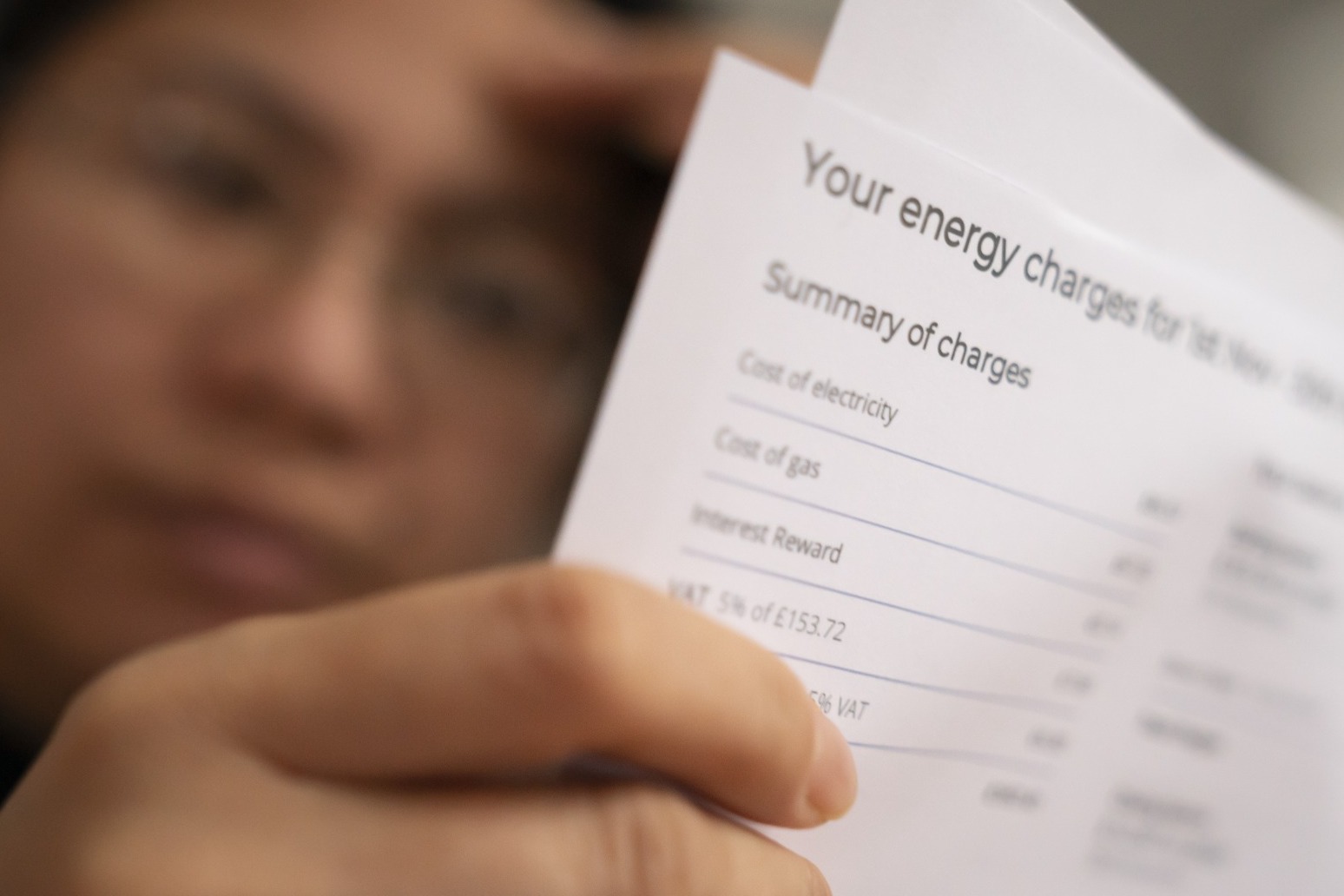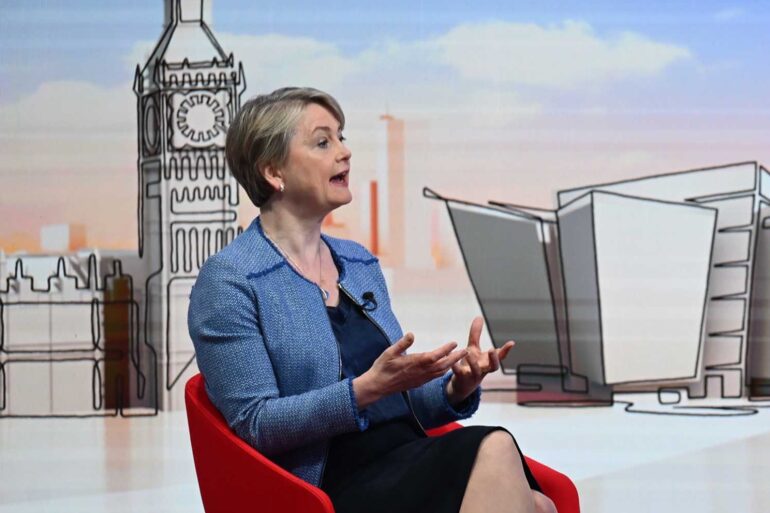-
 play_arrow
play_arrow
Kl 1 Radio Local radio for west Norfolk
-
 play_arrow
play_arrow
KL DISCO KL Disco Playing Disco Music from the 70's onwards.24/7
-
 play_arrow
play_arrow
KL COUNTRY KL COUNTRY Playing New and Classic Country Music 24/7
-
 play_arrow
play_arrow
KL ROX KL ROX The best of New and Classic Rock.24/7
-
 play_arrow
play_arrow
KL SUMMER Summer Vibes 24/7 from KL1 Radio across West Norfolk
-
 play_arrow
play_arrow
KL CLASSICAL Your Symphony Starts Here
-
 play_arrow
play_arrow
KL CHILL Just Chill!
-
 play_arrow
play_arrow
KL POP The Best POP Hits all day Long!
-
 play_arrow
play_arrow
KL XTRA KL XTRA
music_note

Ofgem has confirmed household energy bills are to rise again from January 1 as it announced a 1.2% increase to its price cap.
The regulator said the increase would see the typical bill for a household in England, Scotland and Wales increasing from £1,717 to £1,738-a-year, or by around £1.75-a-month.
It follows the price rising by 10% in October.
Tim Jarvis, director general of markets at Ofgem, said: “While today’s change means the cap has remained relatively stable, we understand that the cost of energy remains a challenge for too many households. However, with more tariffs coming into the market, there are ways for customers to bring their bill down so please shop around and look at all the options.
“Our reliance on volatile international markets – which are affected by factors such as events in Russia and the Middle East – means the cost of energy will continue to fluctuate. So it’s more important than ever to stay focused on building a renewable, home-grown energy system to bring costs down and give households stability.
“In the short-term though, anyone struggling with bills should speak to their supplier to make sure they’re getting the help they need and look around to make sure they’re on the best, most affordable deal for them.”
Ofgem urged customers to take advantage of increasing choice among suppliers and look for the best deal to help keep their bills down, saying households could save up to £140.
The latest price cap is 10% or £190 lower than a year earlier, and 57.2% or £2,321 less than during the energy crisis, which was fuelled by Russia’s invasion of Ukraine in February 2022.
But it comes as millions of pensioners are facing a winter with less support, after the new Government decided to scrap winter fuel payments for those who do not receive pension credit or other benefits.
About 10 million pensioners will miss out on the payments of up to £300 this year.
Caroline Abrahams, charity director at Age UK, said: “Older people, struggling without their winter fuel payment, who were praying for a reduction in energy prices to help them in the New Year, will be bitterly disappointed today.
“The news that the energy price cap is instead slightly rising is the latest in a series of blows for pensioners living on a low or modest income, who do not receive Pension Credit because they don’t claim it or are not eligible.
“There are millions of older people in this situation and we know that many are hoping against hope that something will turn up to help ease their situation over the next few months, when the weather is at its coldest.
“If you are an older person for whom every penny counts, managing your energy bills until the rise in your State Pension starts coming through from April just got harder.”
Alex Belsham-Harris, head of energy policy at Citizens Advice, said: “Energy prices remaining relatively stable over winter will offer cold comfort to millions across the country already struggling to afford bills.
“It comes as people are falling further and further behind on their energy bills, with the amount owed to suppliers now a record £3.7 billion.
“As colder weather sets in, we’re particularly worried about households with children and those on lower incomes, who are most likely to struggle with their heating costs.
“We’re calling for the urgent introduction of energy bill support that is targeted at people who need it most.”
National Energy Action chief executive Adam Scorer said: “Today’s news that the price cap is rising by 1.2% will impact millions of vulnerable households. Bills are around 50% higher than pre-crisis levels.
“With temperatures now plunging and far less support available many are getting deeper into debt trying to keep warm. Now we know there will be no let up into January and beyond. Targeted government support is essential to save millions from the misery and danger of a cold home.’
Ofgem changes the price cap for households every three months, largely based on the cost of energy on wholesale markets, with the regulator confirming the level for the first quarter of next year on November 22.
The energy price cap was introduced by the Government in January 2019 and sets a maximum price that energy suppliers can charge consumers in England, Scotland and Wales for each kilowatt hour (kWh) of energy they use.
It does not limit total bills, because householders still pay for the amount of energy they consume.
Ofgem is also currently considering the future of price protection, including the suitability of the price cap and a potential permanent ban on so-called acquisition tariffs – cheaper prices for new customers to lure them away from their existing supplier.
Published: by Radio NewsHub

Similar posts
Upcoming shows

Paul Baker – KL1 Breakfast
7:00 am - 10:00 am

Chris Fisher – KL1 Mornings
10:00 am - 1:00 pm

Ian Campfield – KL1 Afternoons
1:00 pm - 4:00 pm

Richard Dix – KL1 Drive
4:00 pm - 7:00 pm

80’s ’til 8
7:00 pm - 8:00 pm
Message Us
Copyright The Mediasite UK - 2025








